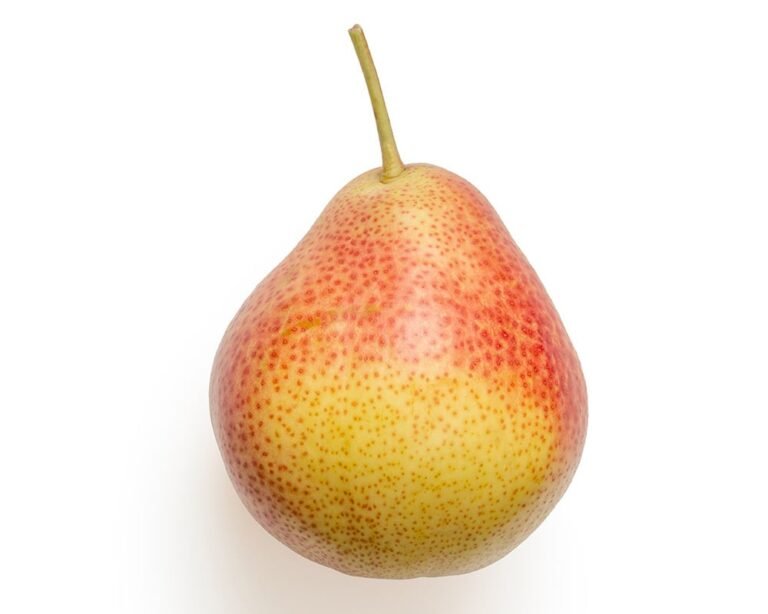faire son miel de
“Faire son miel de” is a French saying whose literal translation is “to make one’s honey from.” It means to make a profit from, or to take advantage of a situation to earn a lot of money.
It comes from the activity of bees, who are known not only for their industriousness and hard work, but also for the delicious honey they produce.
The idiom appears to date back to writings of the 16th century which make comparisons between people who know how to generate financial profit to bees and their honey. However it is possible that the expression has been used since earlier times.
The nearest English equivalent is “to take advantage of,” which is a rather straightforward expression that makes no allusion to bees or honey.






